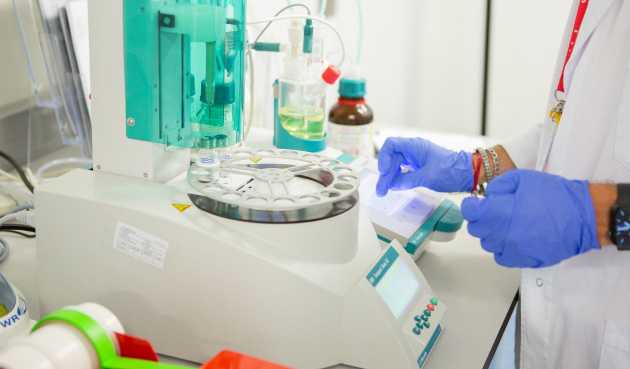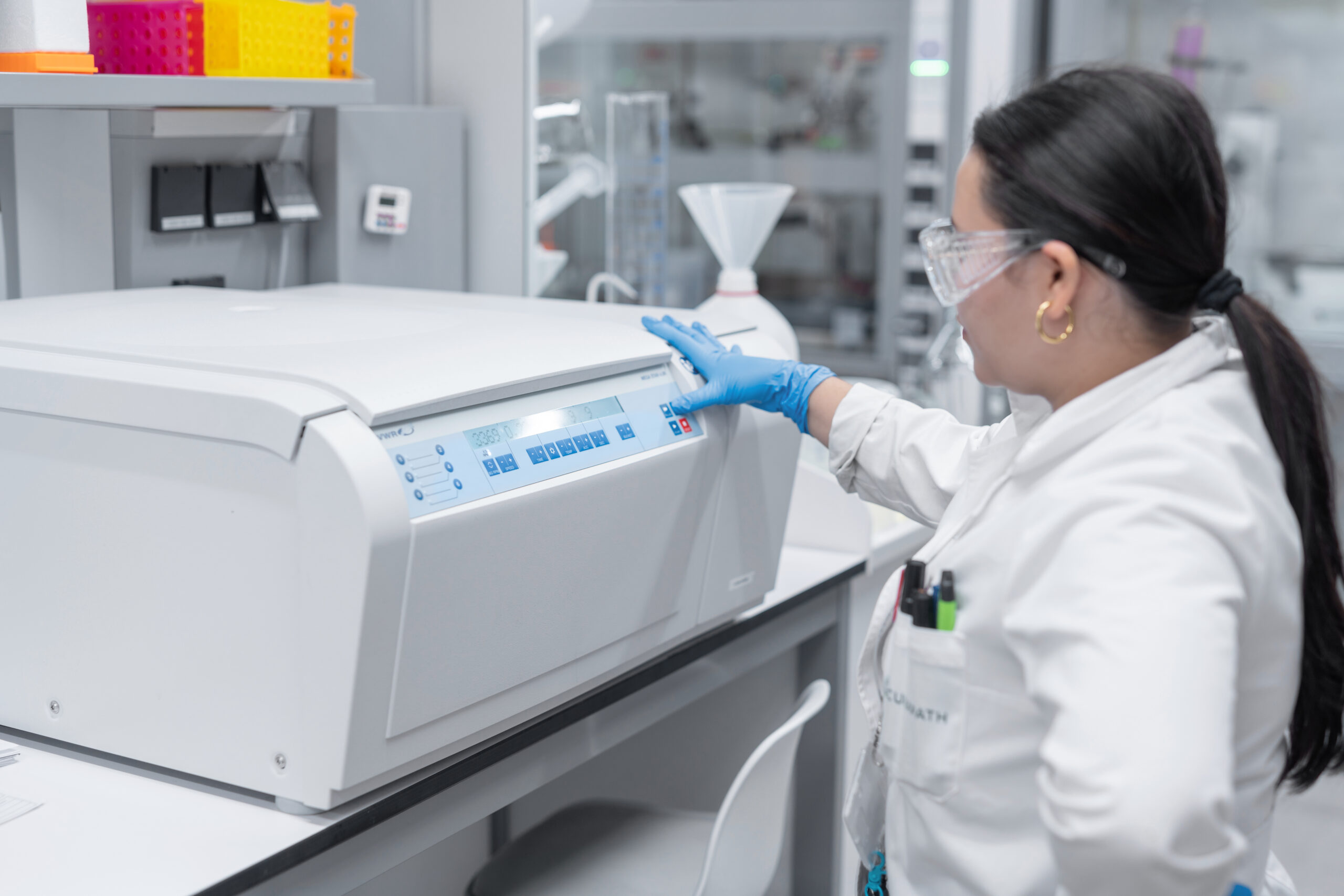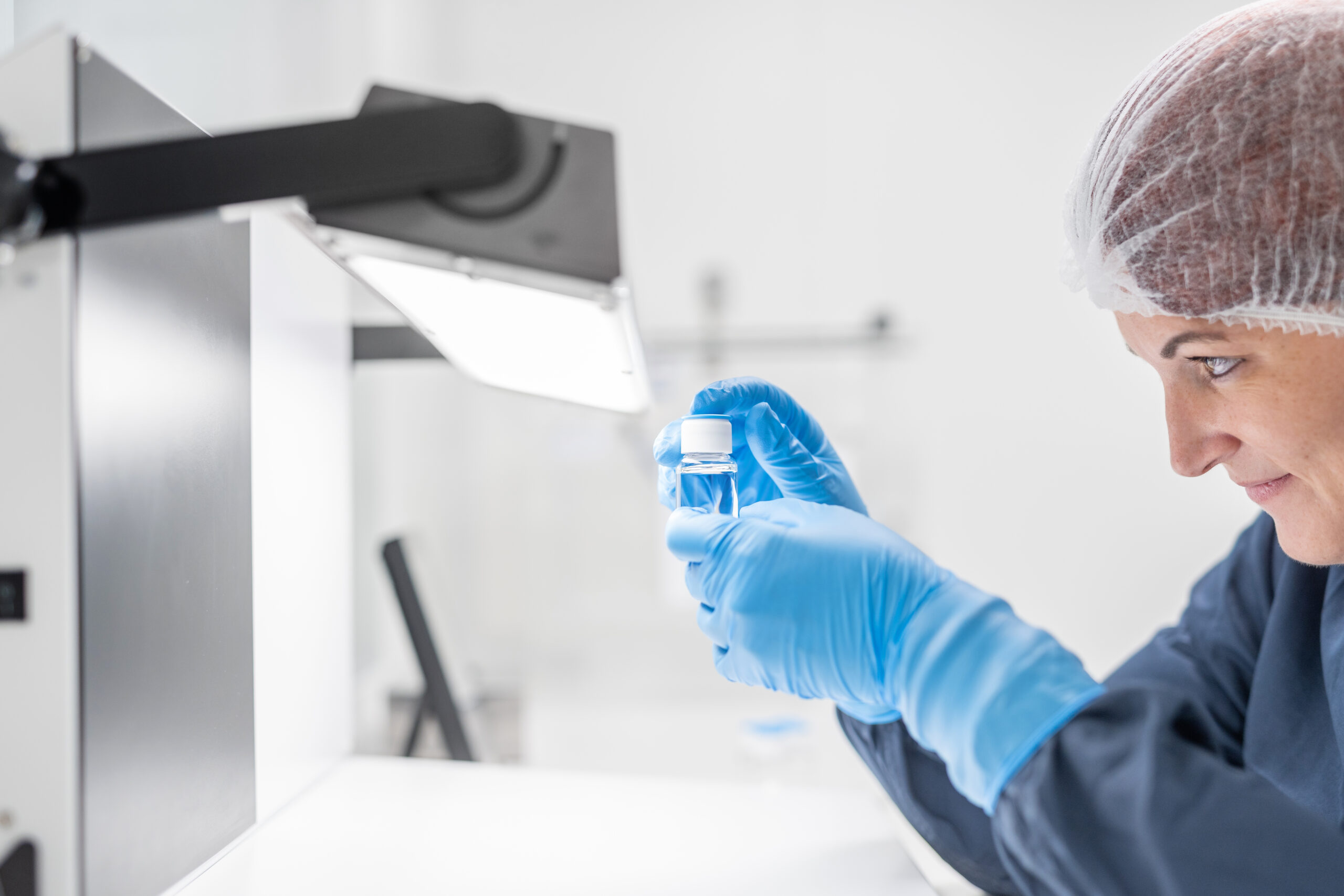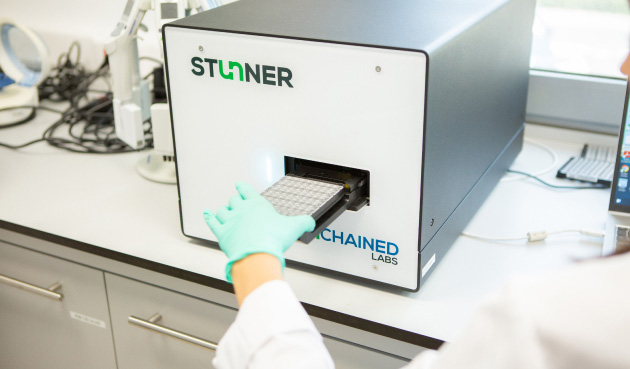Polymer & Lipid
Excipients
Ionizable Lipids

Shielding Lipids
Although shielding lipids constitute the smallest molar percentage in LNPs, they influence LNP size, dispersity, minimize aggregation, and consequently, increase particle stability during preparation, storage as well as stability in blood circulation. They also drastically reduce the opsonization process and reticuloendothelial clearance produced by interaction with components of the bloodstream. Without shielding lipids, nanoparticles are readily recognized by the body’s defense system and cleared from the systemic circulation, thus losing efficacy.
Traditionally, PEGylated lipids have been used for this purpose, however, Curapath now offers innovative alternatives such as polysarcosine lipids among others, providing enhanced performance, reduced immunogenicity and reactogenicity, and new possibilities for your formulations.

Ionizable Cationic Polymers
Cationic complexing polymers are versatile agents used to enhance nucleic acid delivery by forming stable polyplexes through electrostatic interactions. These polymers facilitate the efficient and targeted transfer of genetic material, playing a crucial role in advancing gene therapy applications. In the bioproduction field, cationic complexing polymers help improve the delivery process, contributing to more effective biologic manufacturing.
Curapath’s product developers have designed and produced a library of hundreds of proprietary cationic poly aspartic acid derivatives specifically designed to interact adequately with negatively charged drugs such as nucleic acids.

Shielding Polymers
We deliver a wide variety of in-house synthesized shielding polymers from milligram to multi kg scale. These shielding polymers are polypeptide based, thereby showing excellent non-immunogenic properties when compared with commercially available polymers like PEG. Since they are composed of natural amino acids they are 100% biodegradable.

Polymer- Conjugates
Polymer-drug conjugates are composed of an Active Pharmaceutical Ingredient (API) including small molecules, peptides, proteins, antibodies, bound to a polymeric carrier. The conjugation of bioactive molecules to polymers can enhance the properties and functionalities of the original molecules, offering several advantages in various biomedical applications, including drug delivery, diagnostics, and therapeutics.
